Your cart is currently empty!
Tag: Natural Fertilizers
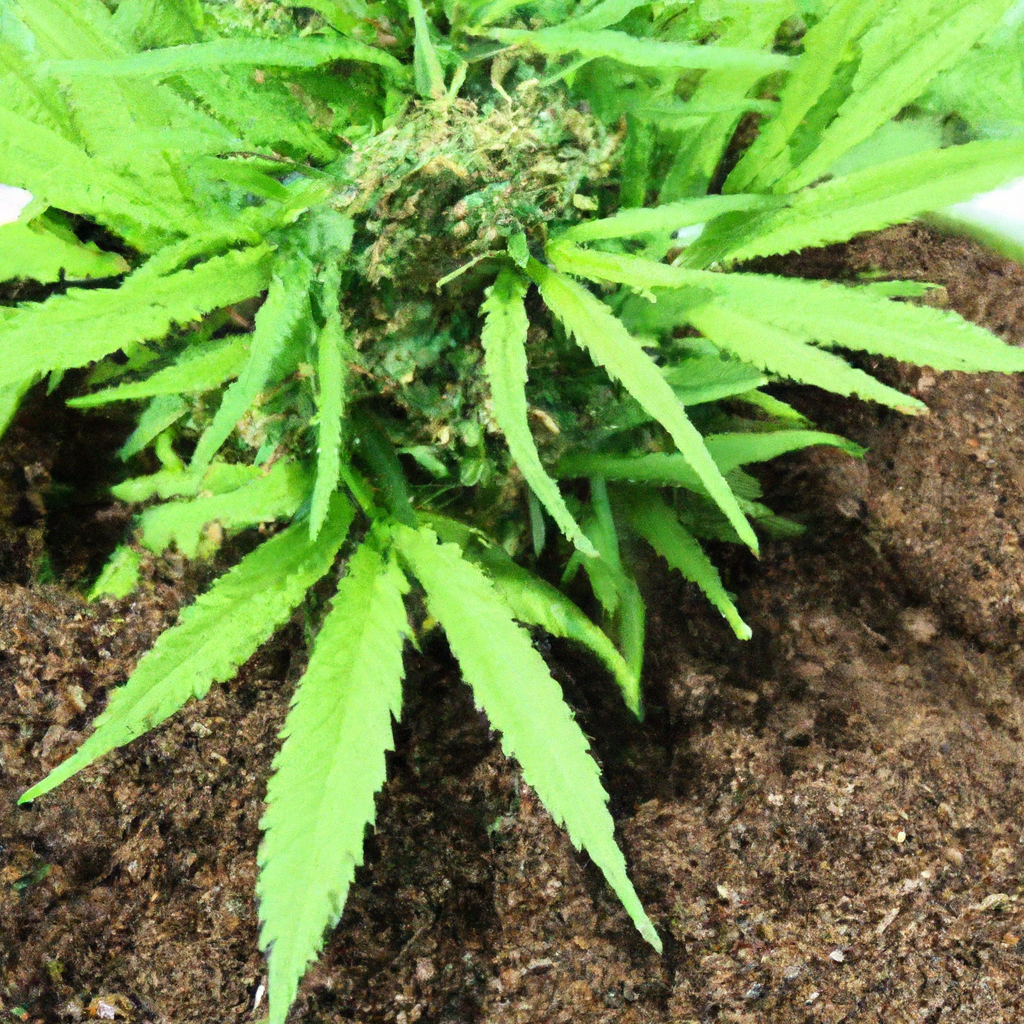
Organic cannabis cultivation merges nature’s wisdom with sustainable practices by utilizing natural fertilizers, compost, and eco-friendly pest control. This approach enriches the environment and enhances cannabis quality without synthetic chemicals. Key practices include building robust soil ecosystems through composting and natural amendments, employing sustainable pest management with beneficial insects and companion planting, and using natural…
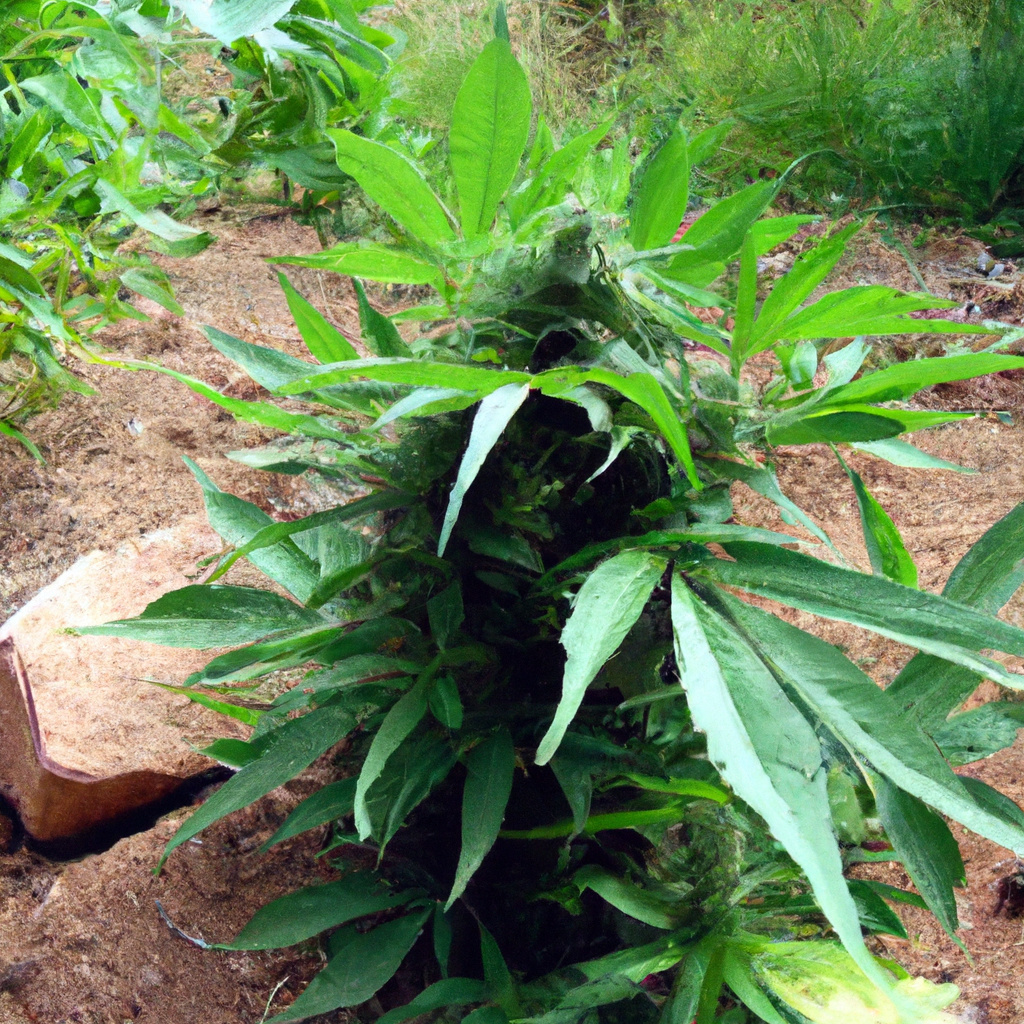
Organic cannabis cultivation, gaining popularity for its environmental benefits and high-quality yields, emphasizes sustainable practices and natural resources. Key elements include building a healthy soil ecosystem through composting, cover cropping, and mulching; utilizing natural fertilizers and pest control with organic inputs and beneficial insects; and employing sustainability measures like water conservation and renewable energy. The…
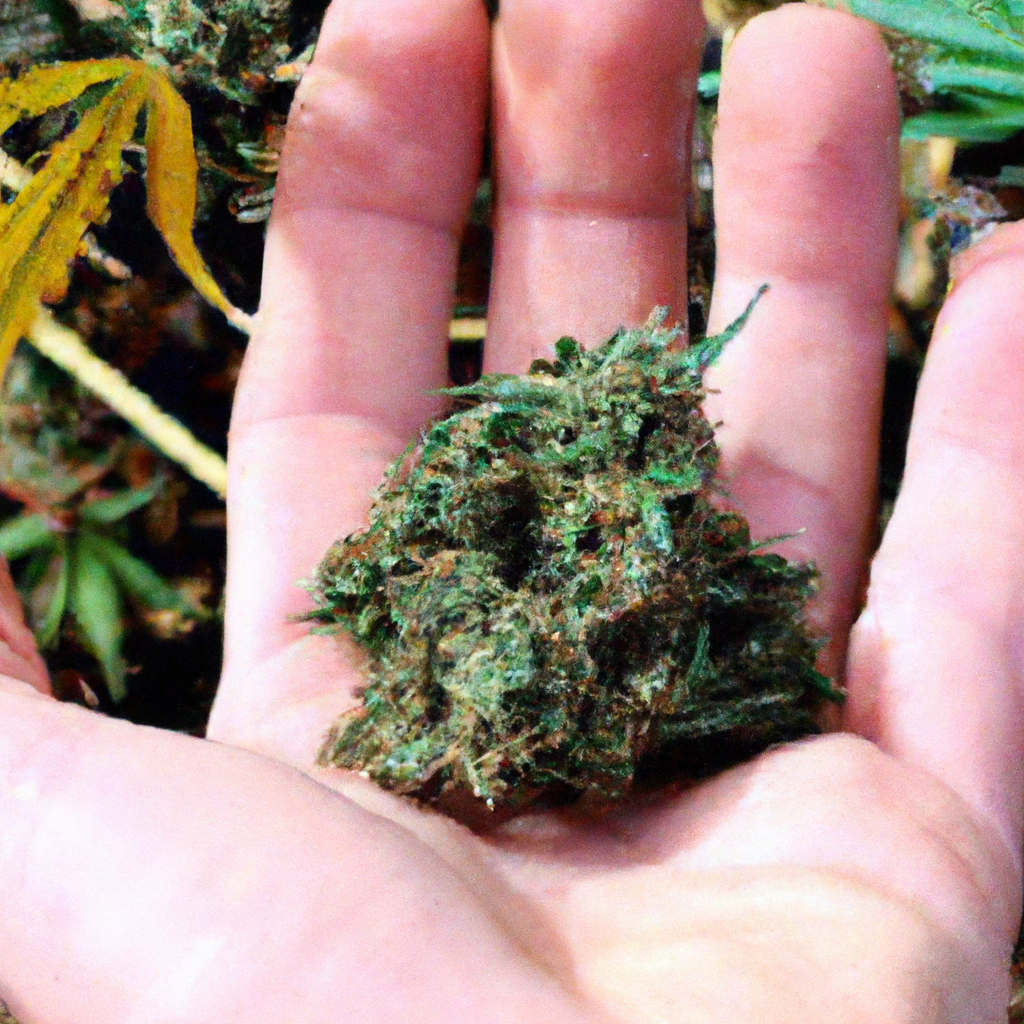
Organic cannabis cultivation is becoming popular due to its eco-friendly practices and superior quality. This article delves into best practices for organic cannabis growth, including building healthy soil ecosystems with compost and beneficial microbes, using natural fertilizers like worm castings and bone meal, and employing eco-friendly pest control methods such as companion planting and neem…
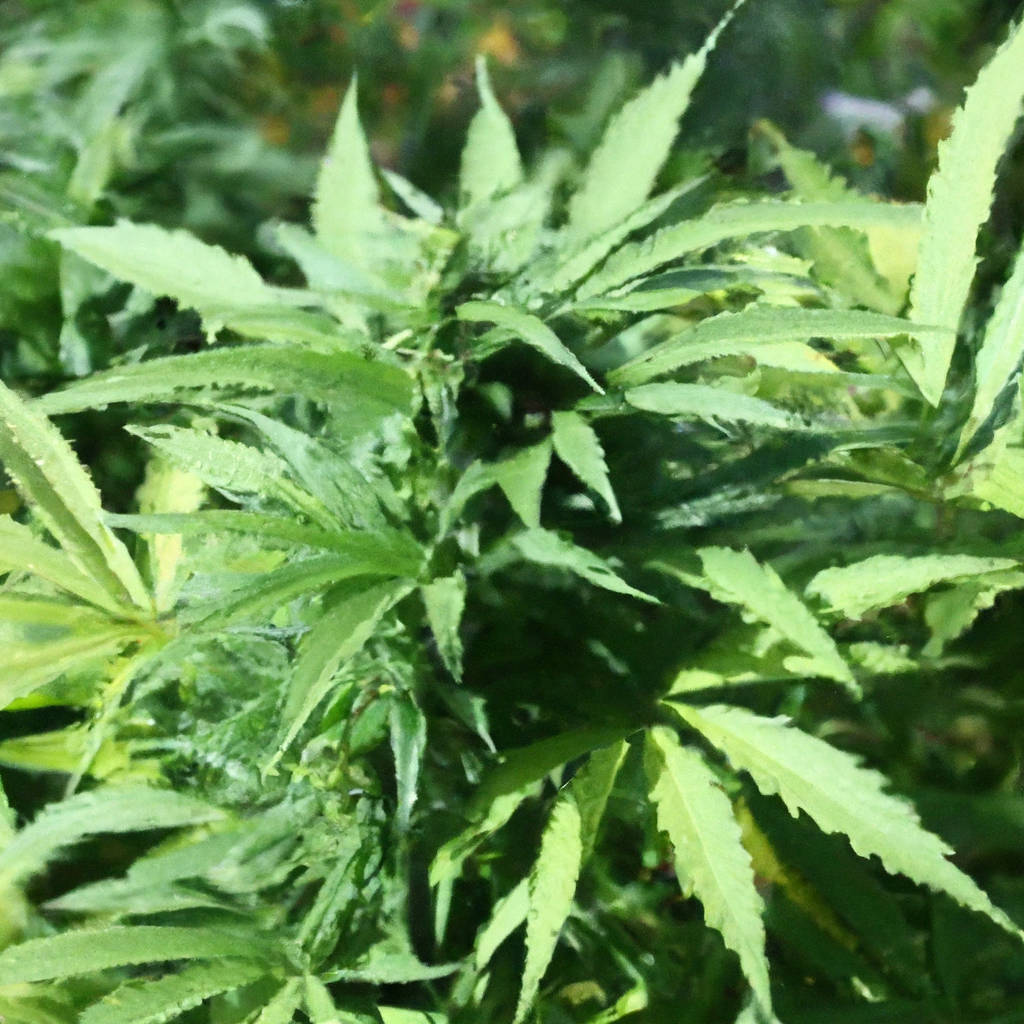
As the cannabis industry expands, interest in sustainable and organic cultivation methods grows. Organic cannabis cultivation focuses on consumer health and environmental sustainability. Key practices include building a healthy soil ecosystem with compost, mulch, and cover crops; using natural fertilizers like manure, seaweed extract, and bone meal; employing natural pest control with beneficial insects, neem…
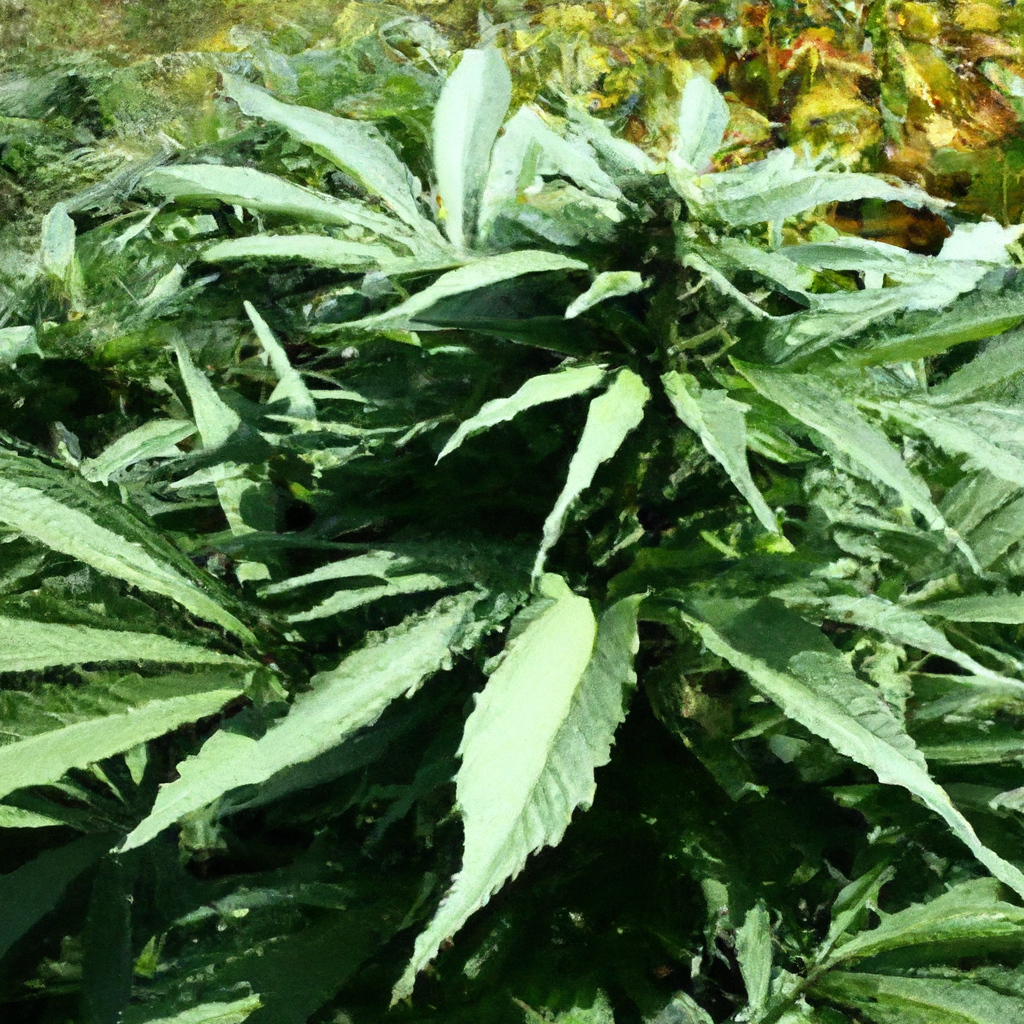
As the demand for sustainable practices increases, organic cannabis cultivation is becoming more popular. It focuses on natural fertilizers, compost, and eco-friendly pest control to enhance both plant health and environmental benefits. Key practices include nurturing living soil through composting, cover cropping, and mulching; using natural fertilizers like worm castings, fish emulsion, and bat guano;…
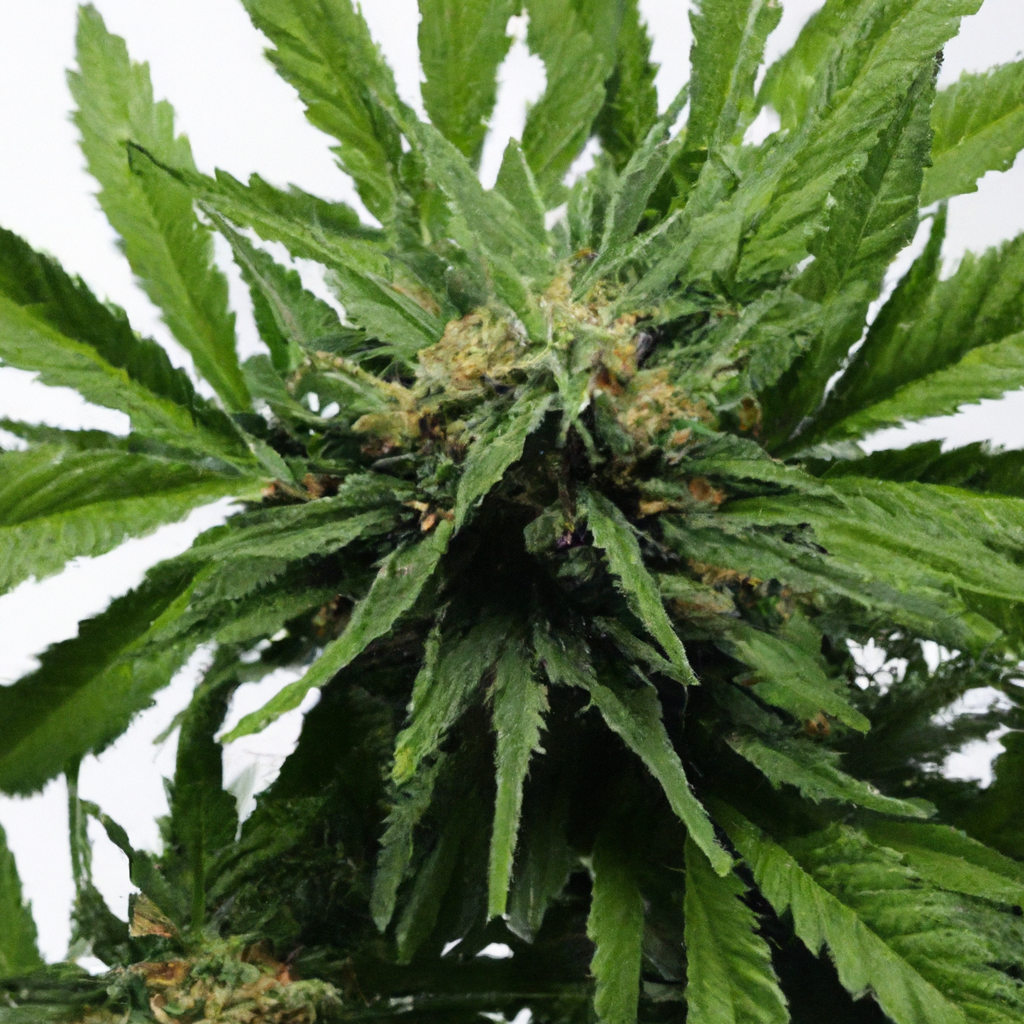
Successfully growing cannabis involves more than just basic knowledge; it requires optimizing the growth environment for maximum yield and quality. This article highlights the significance of organic amendments in enhancing cannabis cultivation, addressing common challenges, and offering actionable solutions for growers. Organic amendments improve soil health by enhancing structure, nutrient availability, and microbial activity. Despite…
Organic cannabis cultivation focuses on using natural fertilizers, compost, and sustainable practices to produce high-quality, environmentally friendly cannabis. By building healthy soil ecosystems with compost, cover crops, and mulch, and nurturing plants with natural fertilizers like bone meal and fish emulsion, growers can enhance plant vitality. Natural pest control methods, such as companion planting and…
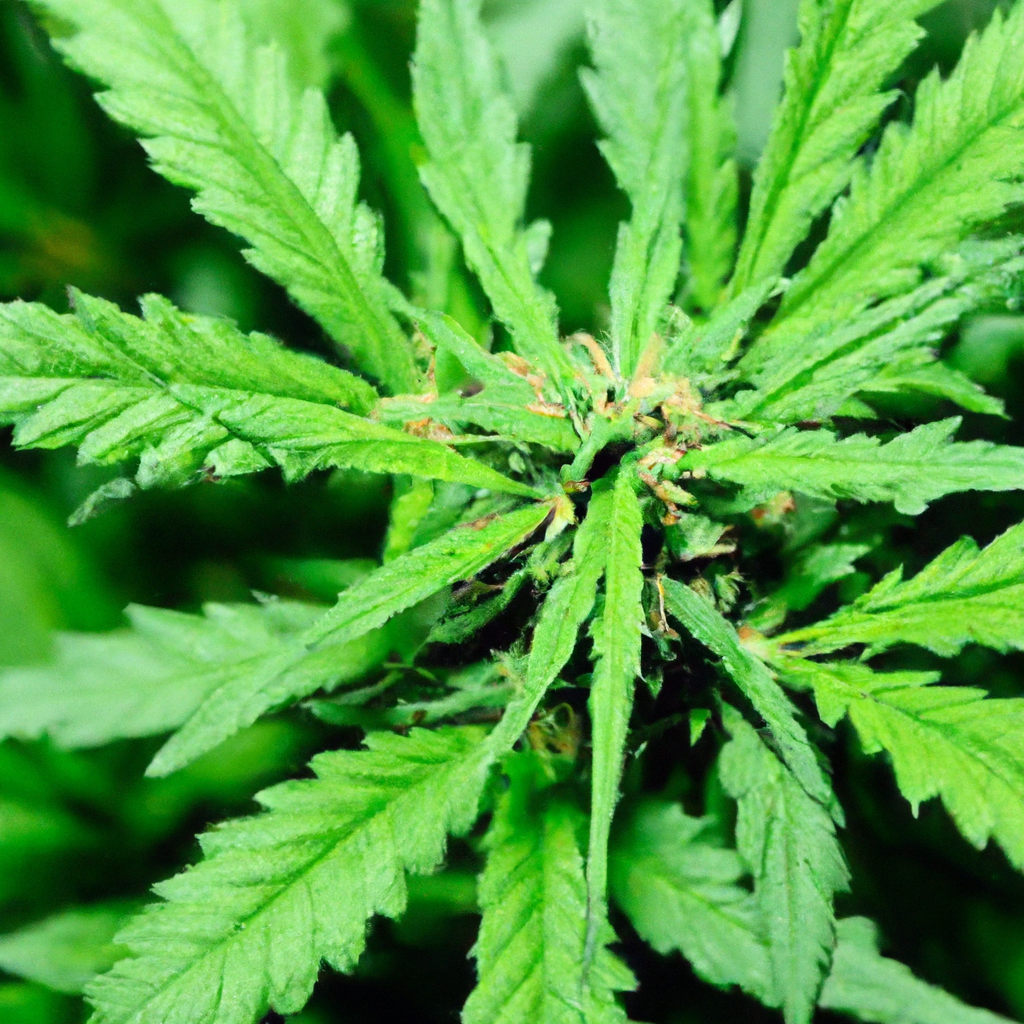
Cannabis cultivation benefits from the use of natural fertilizers to optimize growth and maintain plant health. This article details the advantages of organic materials such as compost, worm castings, fish emulsion, and bat guano, and provides practical application tips to enhance soil fertility naturally. While these fertilizers boost soil health and support sustainable growth, managing…
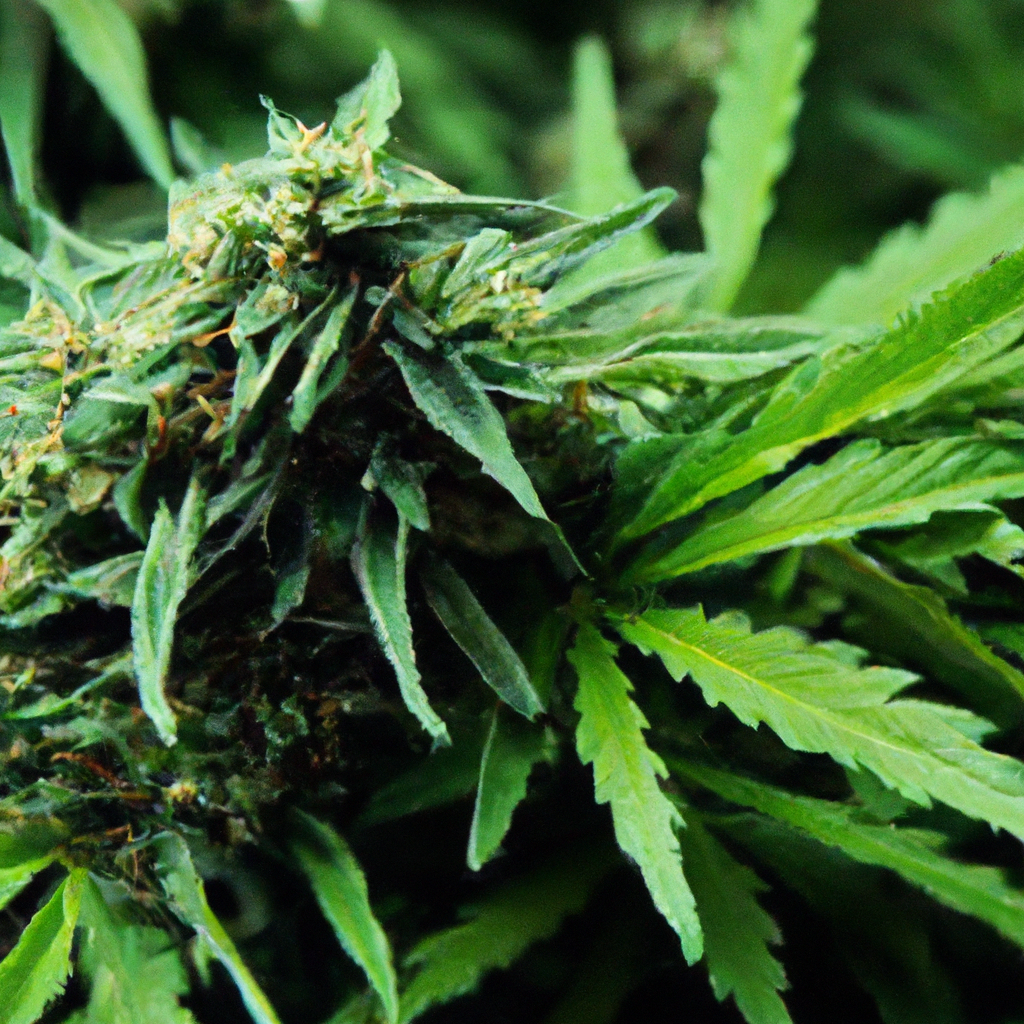
In an era focused on sustainability, organic cannabis cultivation is becoming increasingly popular due to its environmental benefits and ability to produce more potent and flavorful products. Key practices include building a healthy soil ecosystem with compost and beneficial microbes, using organic fertilizers like bone meal and fish emulsions, and implementing Integrated Pest Management (IPM)…
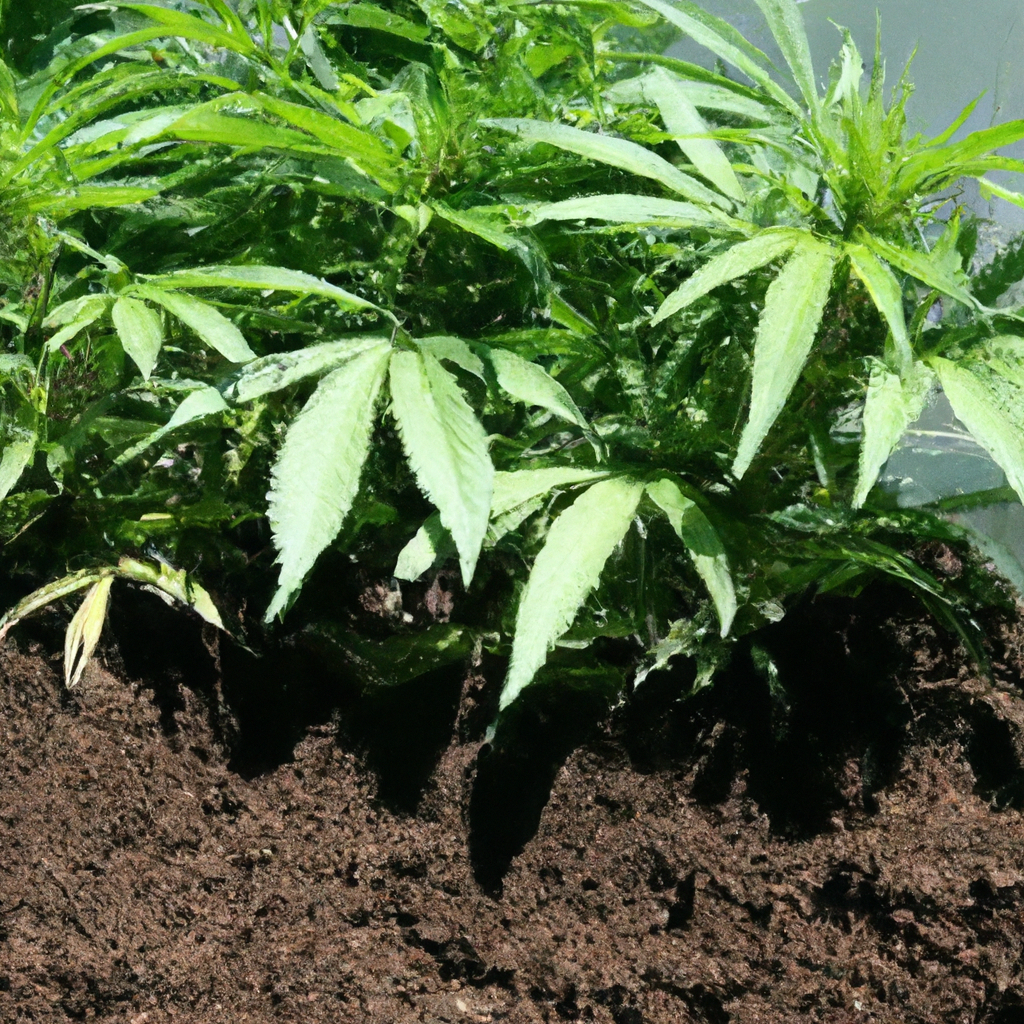
Organic cannabis cultivation embraces sustainability and health, focusing on natural fertilizers, compost, and eco-friendly pest control to nurture thriving soil ecosystems. Key practices include using compost and organic matter, mulching, and employing cover crops for enhanced soil structure and fertility. Natural fertilizers like vermicompost, bone meal, and guano provide essential nutrients without disrupting ecological balance.…
